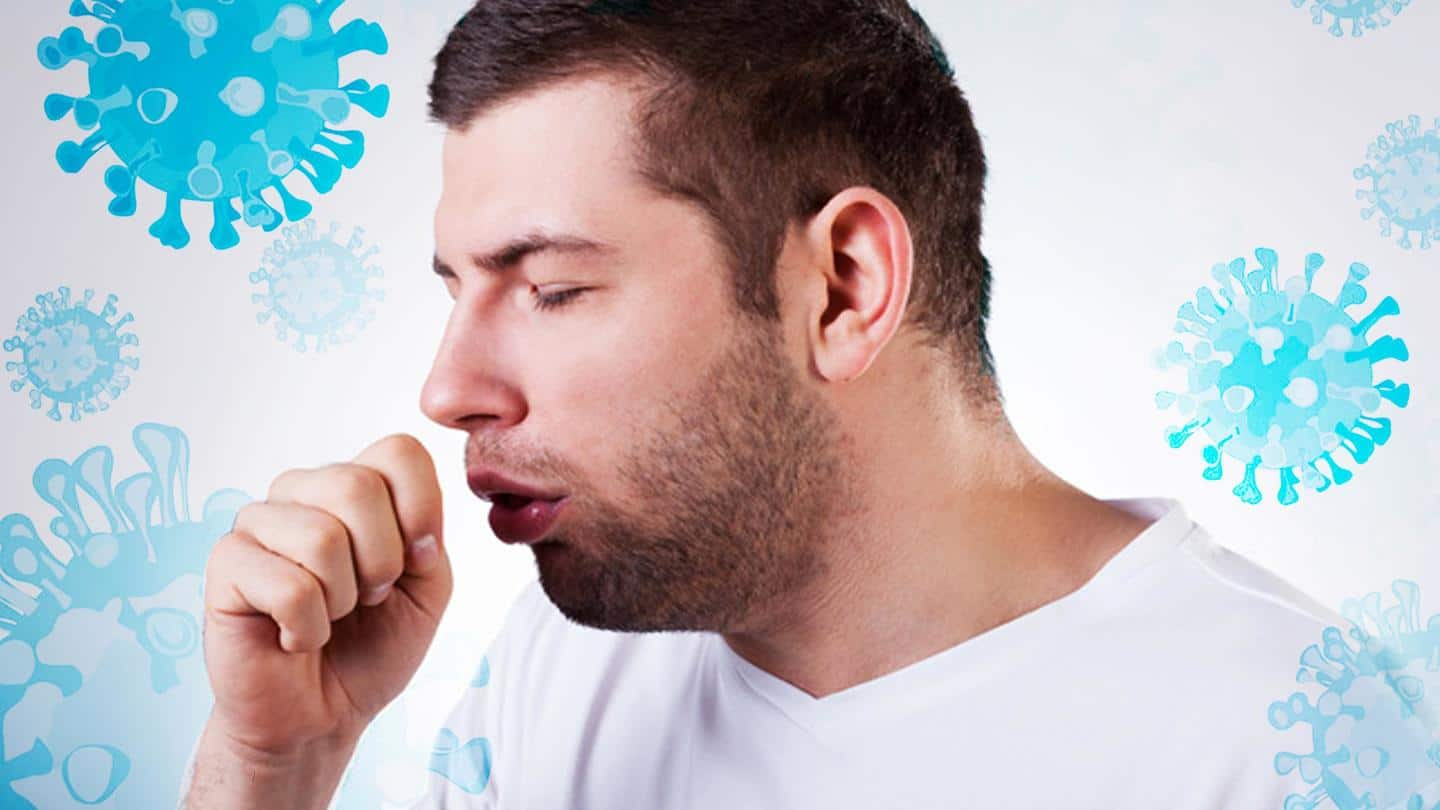
Avoid steroids for COVID-19 patients: Government updates guidelines
What's the story
The central government has asked doctors to avoid giving steroids to COVID-19 patients in its revised clinical guidelines for COVID-19 treatment.
Drugs like steroids can increase the risk of secondary infections like mucormycosis (black fungus) when either used too early, at a higher dose, or for longer than required, the guidelines stated.
There is no evidence that injectable steroids benefit COVID-19 patients, it added.
Context
Why does this story matter?
In the initial stages of the pandemic, steroids were used heavily to treat COVID-19 as no specific treatment existed targeting the novel coronavirus.
During the second wave of COVID-19 (April-May 2021), thousands of patients had started developing secondary infections of mucormycosis, which further stressed the healthcare system.
Recently, India's COVID-19 task force's chief Dr. VK Paul had expressed regret over the "overuse" of steroids.
Treatment
What treatments are recommended?
Instead of using steroids for inflammatory symptoms, the guidelines recommend an injection of methylprednisolone (1-2mg/kg in two divided doses) or an equivalent dose of dexamethasone can be given to moderate cases for a duration of five to 10 days.
For persistent fever/cough over five days in "mild cases," it recommended a five-day course of inhalational budesonide at a dose of 800 mcg BD.
Information
'Test for TB if cough persists'
The guidelines further stated that if cough persists for more than two to three weeks, the patient should be tested for tuberculosis and other conditions. Notably, active tuberculosis puts COVID-19 patients at a high risk of severe disease or mortality.
Treatment
Guidelines continue to recommend remdesivir
The guidelines continue to recommend the use of remdesivir (granted emergency clearance in India) for hospitalized patients with "moderate to severe" COVID-19.
The drug is recommended for those with no renal or hepatic dysfunction within 10 days of the onset of any symptom.
However, those who are not on oxygen support or in-home settings are warned against the use of the drug.
Treatment
Tocilizumab recommended for severe patients
The use of the tocilizumab drug may also be considered for patients with severe disease, the guidelines said.
However, it should preferably be administered within 24 to 48 hours of the onset of severe disease or intensive care unit (ICU) admission, they said.
Tocilizumab may be considered for patients with significantly raised inflammatory markers, and not improving despite the use of steroids, they added.
Definition
What is mild, moderate, and severe COVID-19?
Upper respiratory tract symptoms without shortness of breath or hypoxia have been categorized as mild. Such cases are advised home isolation.
Those having breathlessness with a fluctuating oxygen saturation between 90-93%, can be hospitalized and considered moderate cases.
A respiratory rate of over 30 per minute, breathlessness, or oxygen saturation lower than 90% on room air should be considered a severe disease.
Information
Patients above 60 considered high-risk
Patients above 60 years of age, or those having cardiovascular disease, hypertension and coronary artery disease, diabetes mellitus, and other immunocompromised diseases are at high risk for severe disease and mortality, the guidelines state. These diseases include HIV, tuberculosis, chronic lung, kidney, and liver disease.